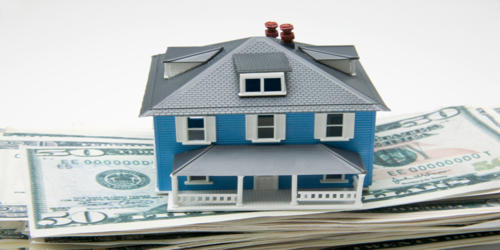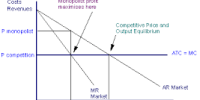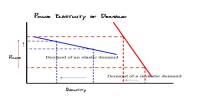The foreclosure process can be difficult for the homeowner who is about to lose his home. Foreclosure Stripping is the process in which the owners of a foreclosed property will remove fixtures and fittings from the property in an attempt to salvage some of their investment. It is the process in which a homeowner takes out the fixtures or fittings in their home before the bank takes over and puts the home up for sale. Malicious foreclosure stripping is done by homeowners who render damage throughout the property to significantly decrease its value and cause resale to be almost impossible. Homeowners are not the only ones who strip foreclosed homes, in some cases the stripping is carried out by neighbors or other third parties. Foreclosure stripping has been a growing trend in recent years and has reached an all-time high in 2009 because of the economic downturn. Because a homeowner still legally owns the home until the foreclosure process is complete, many argue that it is the homeowner’s right to take whatever he wants before leaving the home.
Problems with foreclosure stripping
The main problem associated with foreclosure stripping is the devaluation of property in the local area. Stripping also reduces the value of a home. Because homes are being sold as incomplete, the prices are much lower than others in the area, which brings down the local average property value. It can negatively affect the neighborhood in which the home is located, but can also cause financial problems for the homeowner. Personal property is items that are not real estate and it is permissible to sell these items or to take them with you. Foreclosure stripping is also a problem for banks, as mortgages are unavailable on incomplete properties meaning that for resale to occur, a cash buyer is necessary.
Penalties of foreclosure stripping
Since most property lenders are banks, property held by banks because of foreclosure are referred to as bank-owned properties, or real estate owned properties, usually abbreviated as REO properties. Foreclosure stripping is considered a crime in most states and goes against the details of the foreclosure deed signed by the homeowner although some would argue that the home remains with the owner until the date at which it is officially signed over to the bank. If you’re going through a foreclosure and you damage the property or remove its fixtures, you could lose a cash-for-keys offer, pay more on a deficiency judgment, or even face criminal charges.
















